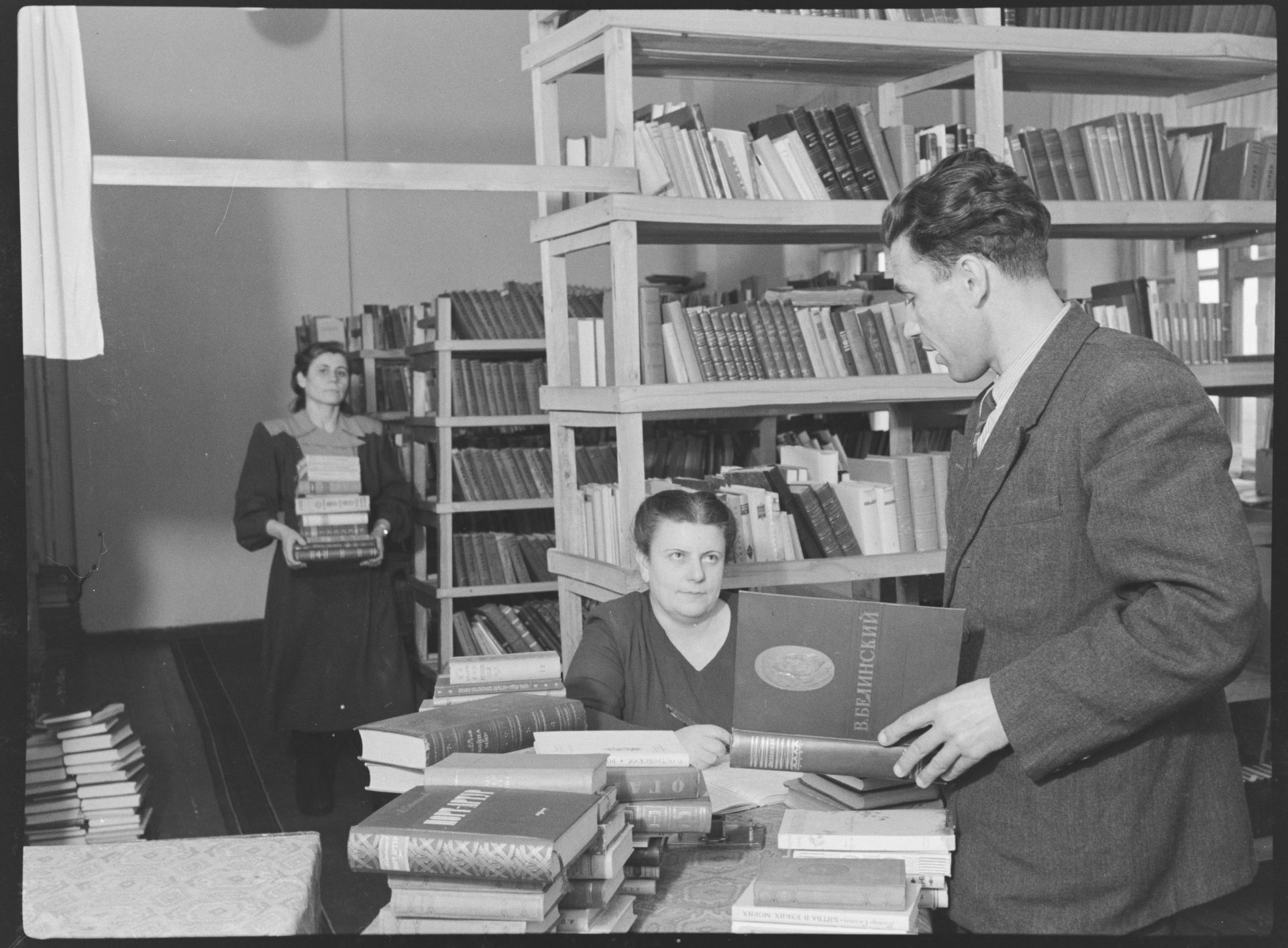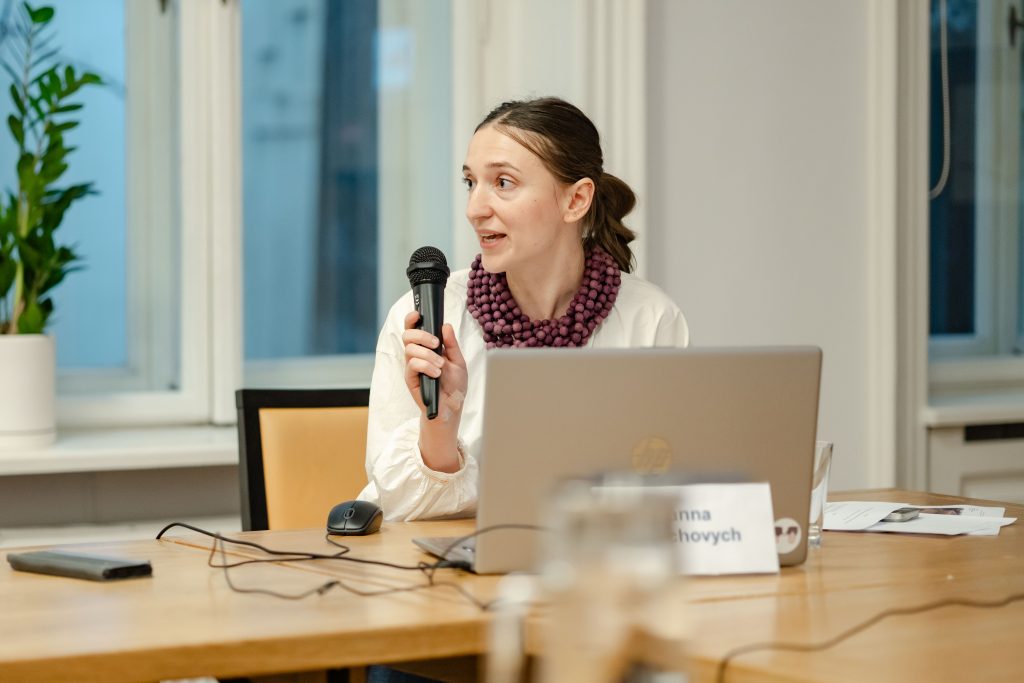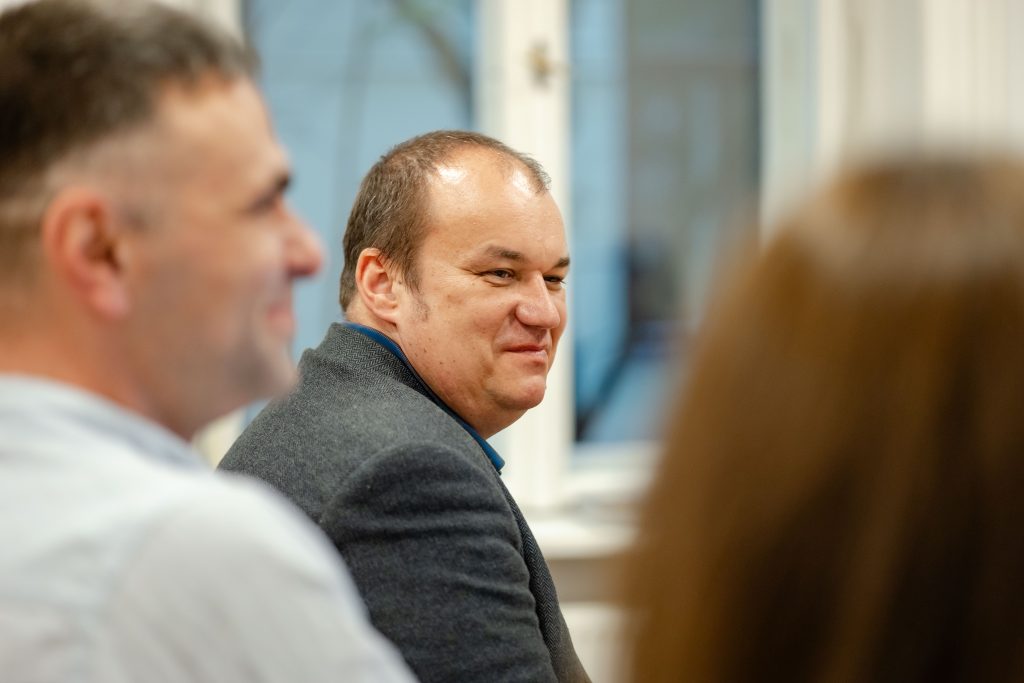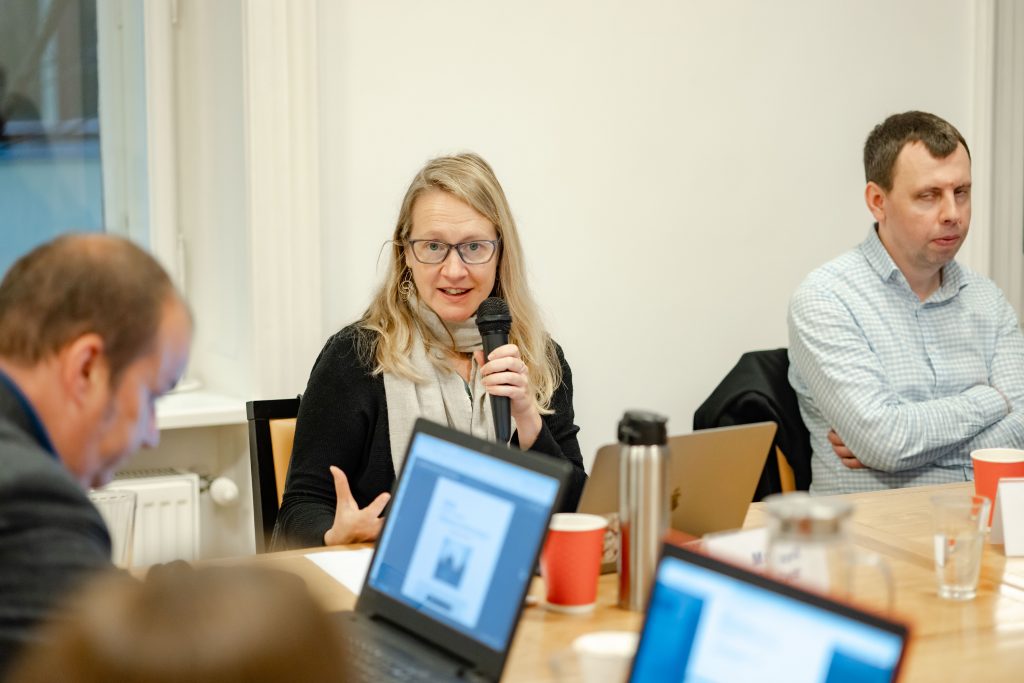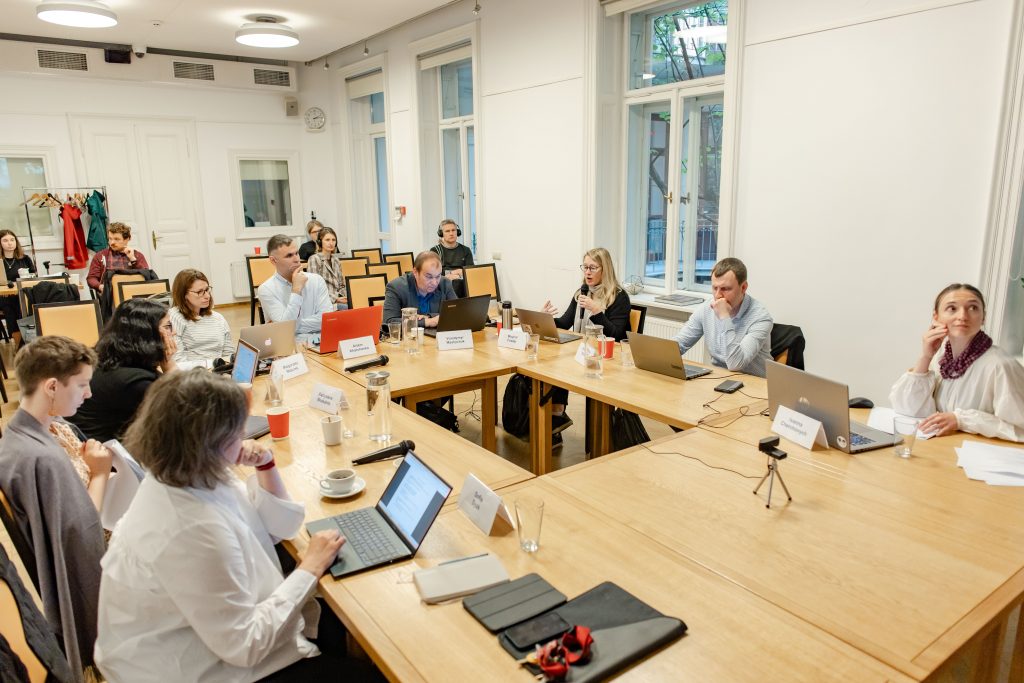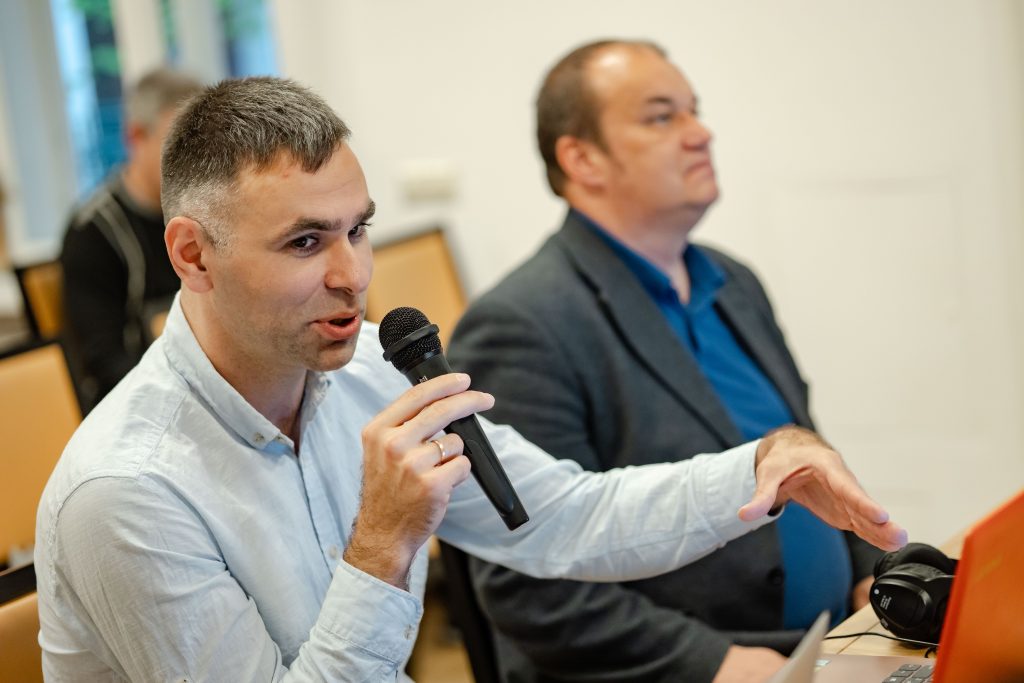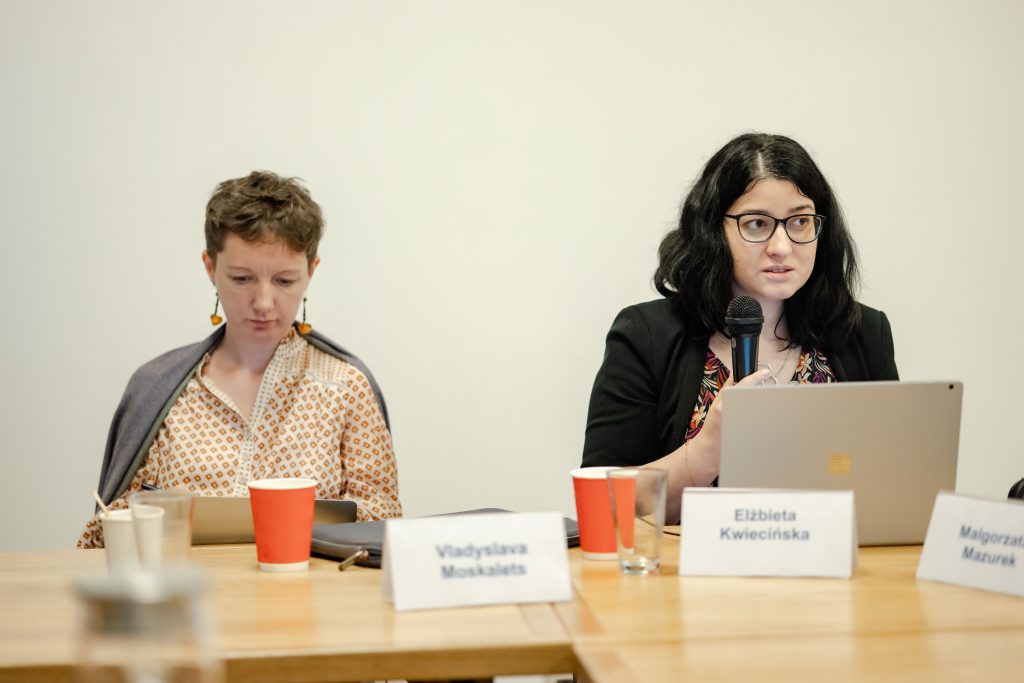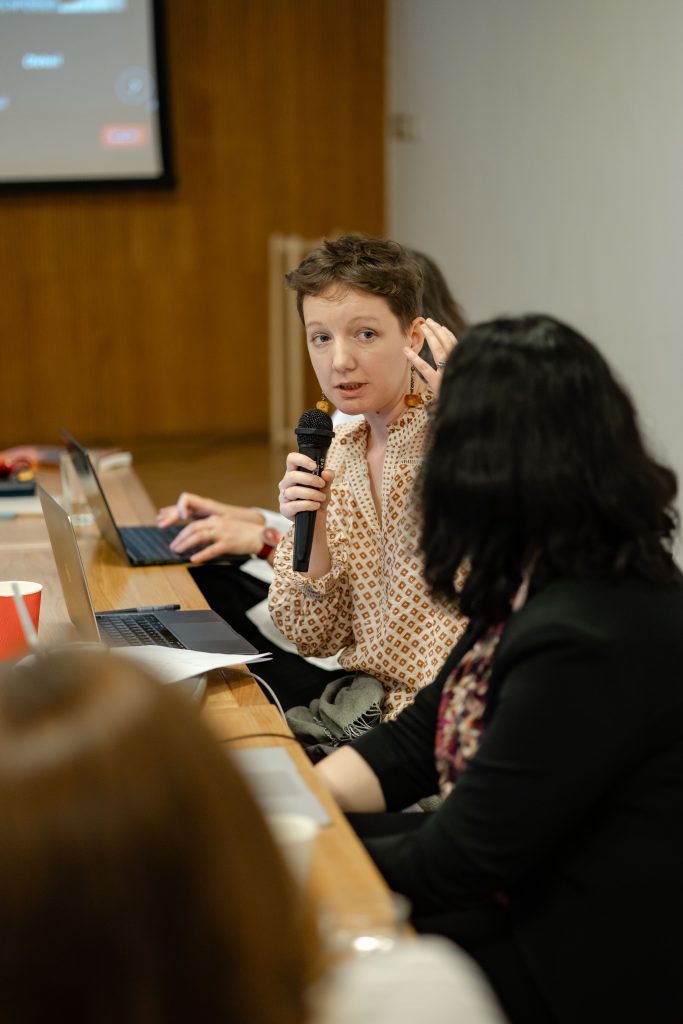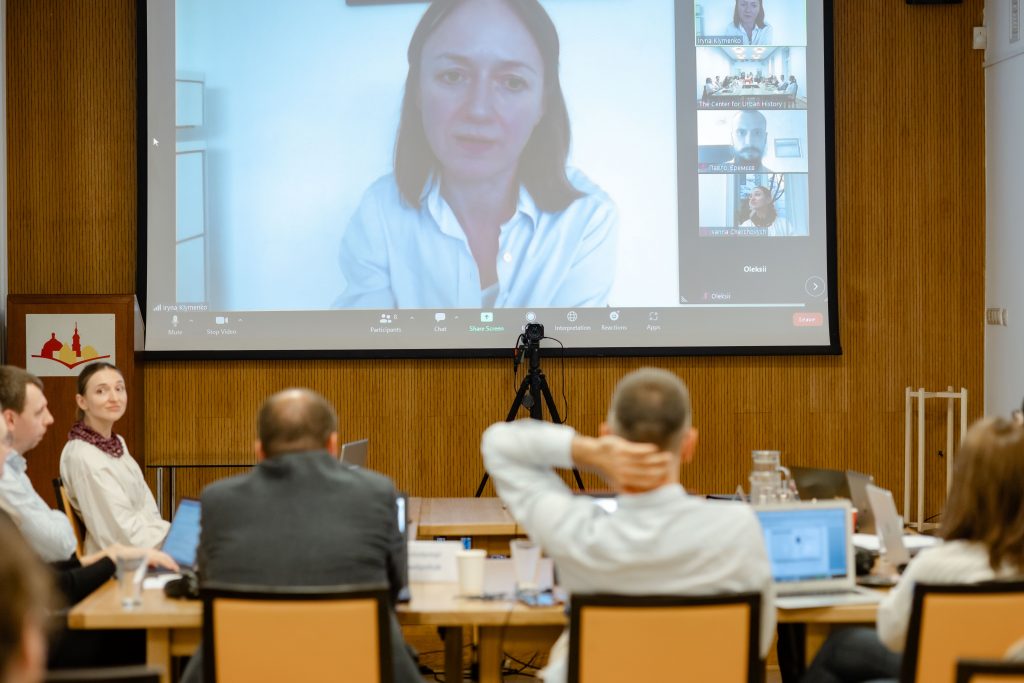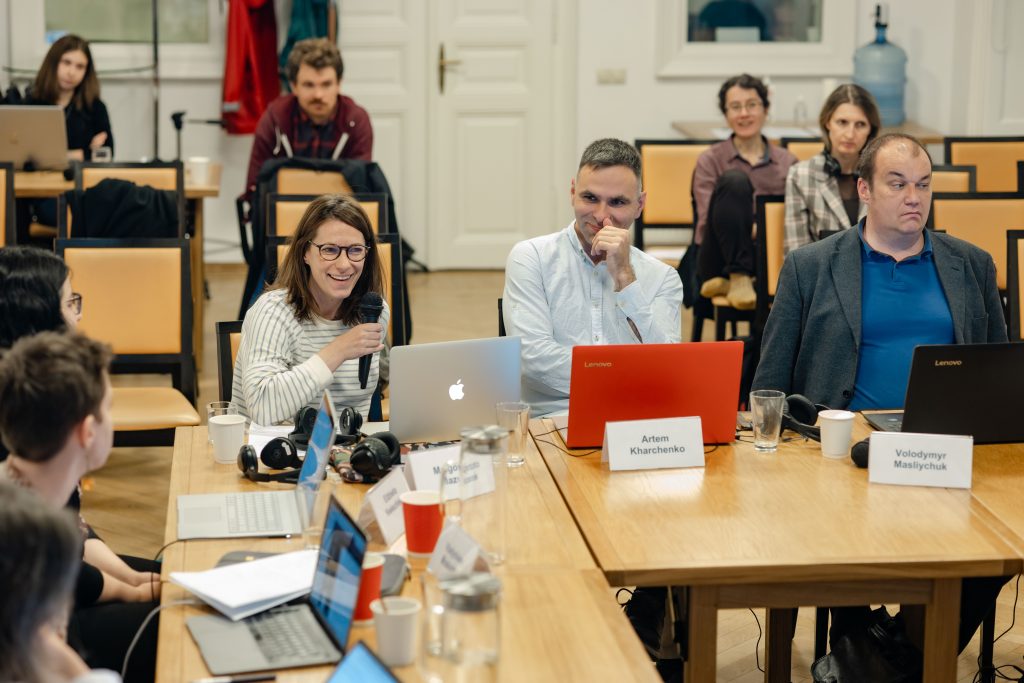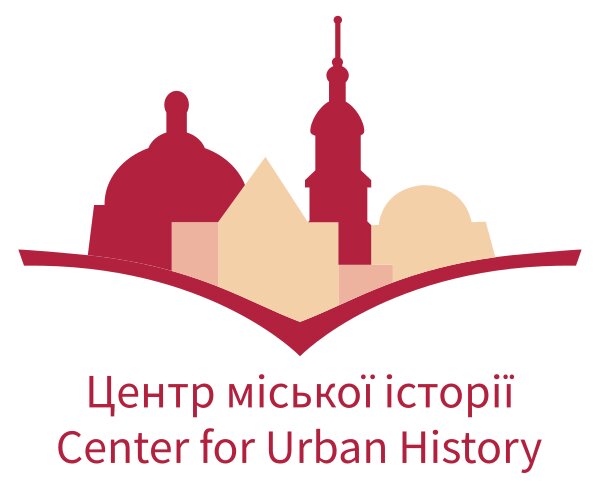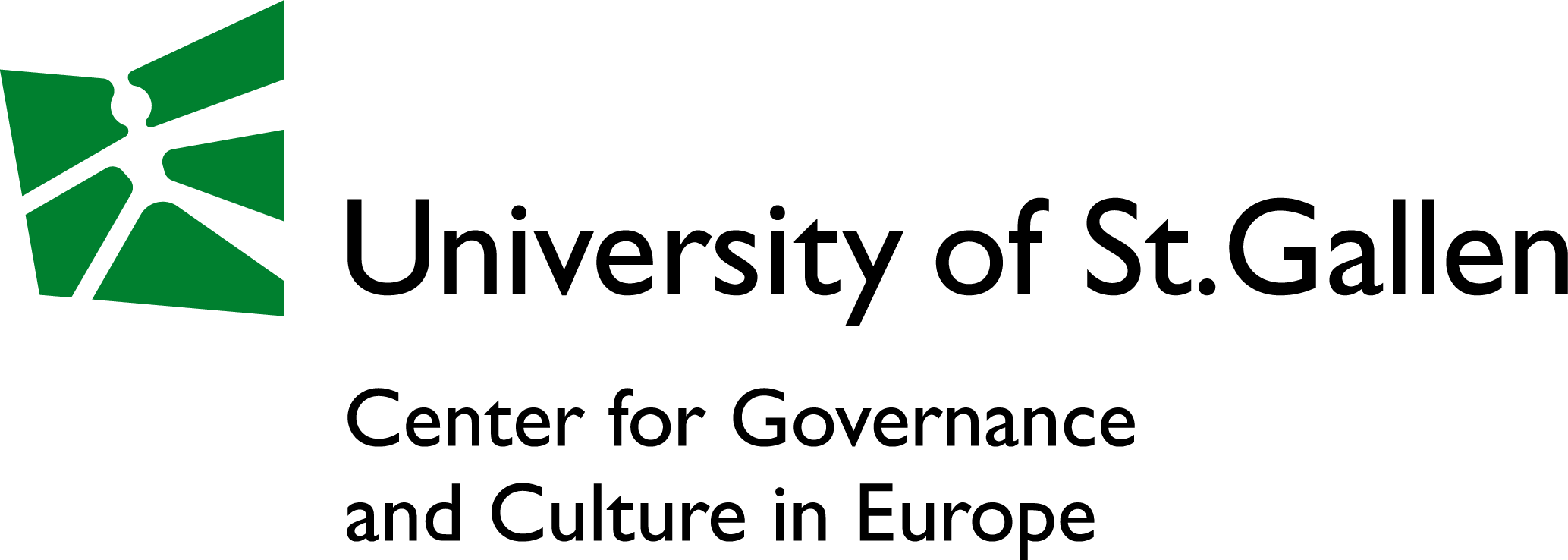How to Teach Eastern Europe? Revising Optics and Decentering Curricula
17.6.2023
Conference Room of the Center for Urban History / zoom
The workshop is designed to urge the discussion on incorporating of new sources and topics into curricula focusing on the region of Eastern Europe or when Eastern Europe is a context for the course. It continues a series of events on rethinking the teaching of the history of Ukraine, which took place at the Ukrainian Catholic University. The workshop agenda will include the aspects about how such additions could change the epistemological framework we use to comprehend the history of Central and Eastern Europe and how we see there national histories (such as Ukrainian, Polish, Jewish, and Russian), the history of empires (Austro-Hungary, Russian, and Ottoman), the Soviet past and our present. The program elicits the discussion of history courses but we shall also consider courses in anthropology, culturology, sociology, literature, and other related disciplines focusing on studying Central and Eastern Europe, Soviet history, or the history of Ukraine. The workshop will also present an opportunity to discuss the role of teachers, the Ukraine-related topics in this process, and the difference of experiences in teaching the courses on Ukraine, both in Ukraine and beyond.
The one-day workshop will bring together researchers and lecturers to reflect on teaching about the region of Central and Eastern Europe, such as the search for new theoretical frameworks, curriculum decentralization, and introducing into the syllabi the still marginalized topics and understudied sources. Participants are encouraged to present their syllabi from the courses they delivered this year or from the courses to be delivered next year. In this regard, they are invited to reflect on the topic and concept of decolonization to discuss the opportunities and effectiveness, the challenges of using it in teaching about the region. February 24, 2022, is a starting point for all of us to have an unprecedented scale of discussions about various perspectives to explore Ukraine and broader Central and Eastern Europe in Ukrainian and Western academia.
The workshop’s objectives focus on the search of new perspectives to study and lecture about Central and Eastern Europe, the Soviet Union, national histories of this region, specifically Ukrainian history; reflections on teaching beyond Ukraine and in Ukraine in the settings of the full-scale war unleashed by the Russian Federation against Ukraine; discussion of syllabi and sources for their design and content, and the discussion on the opportunities of digital technologies in teaching and learning. During the workshop, we shall present the Educational Platform, a new project by the Center for Urban History, and discuss its regular updates with the new content.
The questions we would try to discuss with the workshop participants include: What is Eastern Europe, what is the mental boundaries of the region, what is typical for their fluidity? What has the history of Eastern Europe been for Western Academia? How to undermine the established limits of Eastern Europe as a peculiar suffering region in teaching its multiple histories? What is / could be the region for global history and for academia? How to construct an inclusive history of this part of Europe that would include the complex, close and contested histories of its different ethnic groups, social environments, and cultural identities?
TEAM
- Vladyslava Moskalets, Ivanna Cherchovych, curators
- Sofia Dyak, Bohdan Shumylovych, consultants
- Maryana Mazurak, organizational support
- Sofia Andrusyshyn, logistics
- Oleksandr Dmytriiev, technical support
The workshop is organized by the Center for Urban History and supported by the Center for Governance and Culture at the University of St. Gallen (Switzerland).
Credits
Cover image: Library of the City Committee of the Communist Party in Mariupol, 1953. Photo by Pavlo Kashkel / Collection of the Mariupol Museum of Local History / Urban Media Archive of the Center for Urban History
Gallery: Bohdan Yemets
